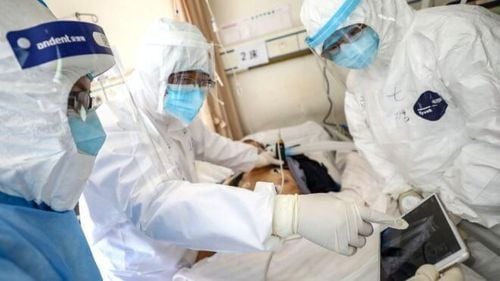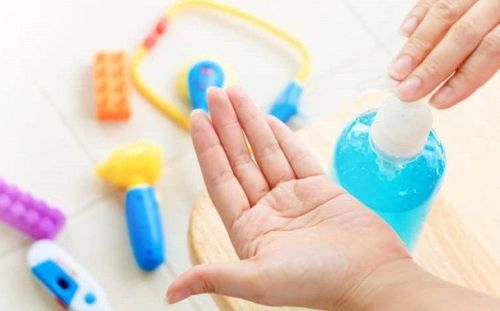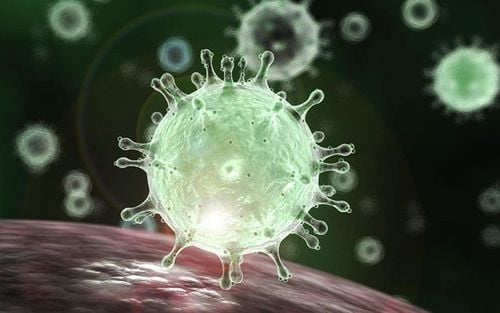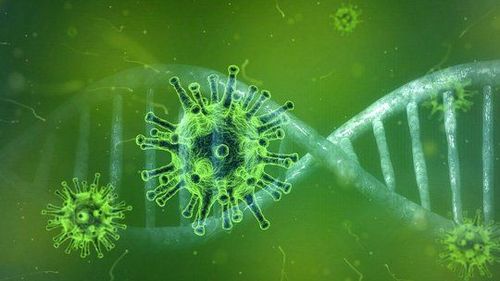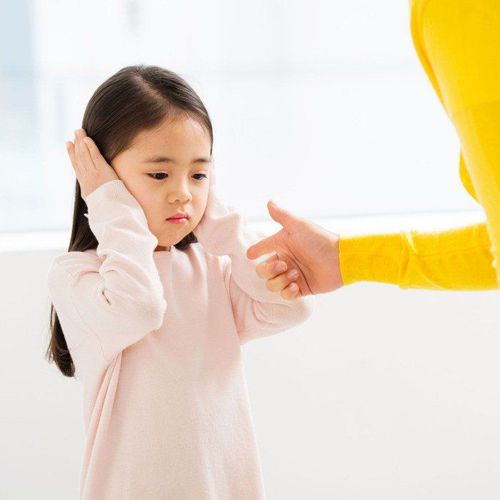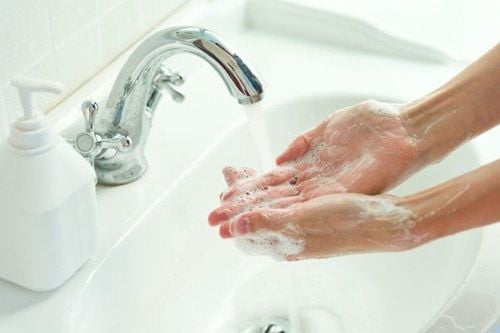This is an automatically translated article.
The most important advice health professionals can give to help us stay safe from COVID-19 is to wash our hands daily.
1. Why washing hands with soap can prevent coronavirus
In the analysis, said Elizabeth Scott, PhD, co-director of the Center for Home and Community Health and Hygiene at Simmons University in Boston, we can't control what we touch.
But we can control our own hands. Washing hands with soap and water is a much stronger weapon against germs than we realize. Because it can remove everything from your hands. Also, for certain agents, soap breaks it down.
This year's version of corona virus has infected 100,000 people worldwide. It is a virus encased in a lipid envelope, essentially a layer of fat. But soap can break down that fat and make the virus uninfectable.
In addition, soap also acts as an assistant. It makes the skin more slippery for enough rubbing to remove germs and wash them away. It sounds pretty simple, but the vast majority of us still don't do it the right way.

Một trong những biện pháp phòng ngừa virus corona là rửa tay bằng xà phòng
2013 study discreetly followed more than 3,700 people washing their hands. But the results showed that only about 5% of them followed all the hand washing rules.
About one in four people simply wet their hands without using soap. About one in 10 people wash it all off after going to the bathroom. The most common omission for most people is not washing hands for the required time. Only 5% spend more than 15 seconds washing, scrubbing and washing their hands. Such practices won't be good enough if we're trying not to get sick, says Elizabeth Scott.
2. How to wash your hands to be sure?
First turn on the water. It doesn't matter if it's hot or cold. Donald Schaffner, PhD in predicting food microbiology, hand washing and cross-contamination at Rutgers University in New Brunswick, NJ did research on water temperature and found that water temperature does not really important in terms of efficiency.
Second is to use soap. Soap helps germs slip off the skin when you rub your hands together. You can choose a liquid or gel soap. A 2017 study that compared liquid and foam soaps from the same brand found that washing with foam significantly reduced bacteria on the hands of study participants compared to washing with liquid soap.
Study participants only washed for 6 seconds, which is the average amount of time most of us wash our hands, but it's less than the 20 seconds the CDC recommends. However, the researchers think their results make sense. Because the lather washes away faster than gel soap, users are more likely to splash and dash behind a sponge.
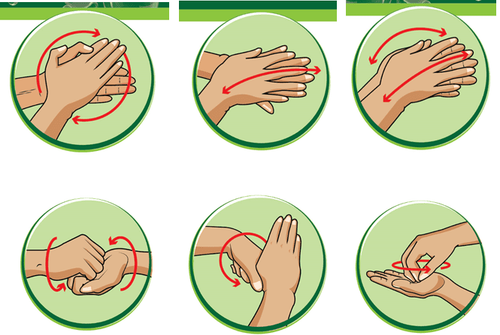
Quy trình rửa tay thường quy
Many studies have found that bacteria can stay on wet soap because it is used frequently. But studies that have looked at whether that's an issue show the bacteria doesn't seem to pass on to the next user. If the bar of soap looks sloppy, rinse it under water before you wash your hands and try to store it to dry between uses.
If you are in a public bathroom and there is no soap. Simply rubbing your hands together under the water has a beneficial effect. A 2011 study from researchers at the London School of Tropical Hygiene found that washing hands with water alone reduced bacteria on hands to about a quarter of a prewash state.
Washing with soap and water reduces the number of bacteria by about 8% compared to before washing. The bottom line is to wash with what you have at the moment in the sense that there is more than nothing. You should rub your hands for at least 20 seconds, according to the CDC.
Finally, dry your hands. Paper towels are really helpful. Rubbing your hands with a paper towel removes more germs than just washing. Dry hands are also less likely to pass on contamination than wet hands.
3. CDC-recommended hand washing frequency
Before, during and after preparing food Before eating Before and after caring for a sick person Before and after treating a cut or other wound After using the bathroom After changing diapers or helping a child in the bathroom After when blowing your nose, coughing, or sneezing After touching animals, or touching pet food or pet waste After handling pet food or pets After touching garbage
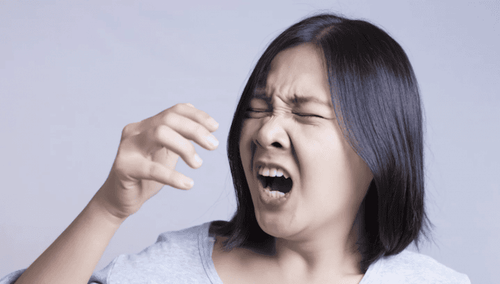
Nên rửa tay sau khi ho hoặc hắt hơi
If washable, get some hand sanitizer. Lipid membrane viruses such as coronavirus are destroyed by alcohol-based hand sanitizers. Just make sure it contains at least 62% alcohol.
Make sure to use enough that it covers all surfaces on the hand. Rub it until hands feel dry, which should take about 20 seconds. Use a clean tissue to open the bathroom door. Disinfecting dirty surfaces that you use every day, like the touch screen on your phone and keyboard, is also a way to prevent viruses.
Please dial HOTLINE for more information or register for an appointment HERE. Download MyVinmec app to make appointments faster and to manage your bookings easily.
Article reference source: webmd.com



